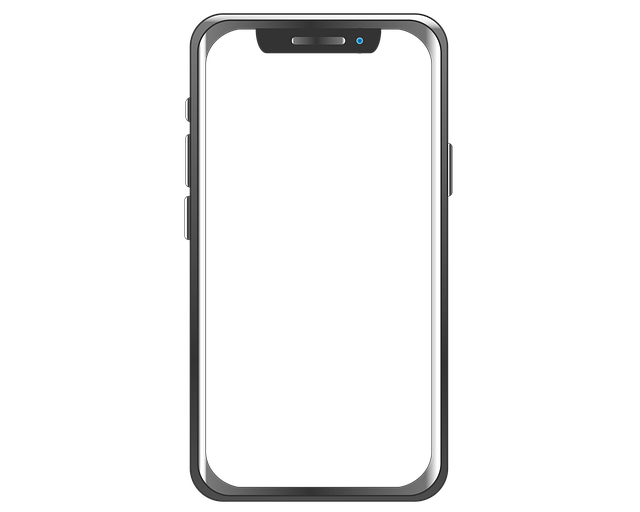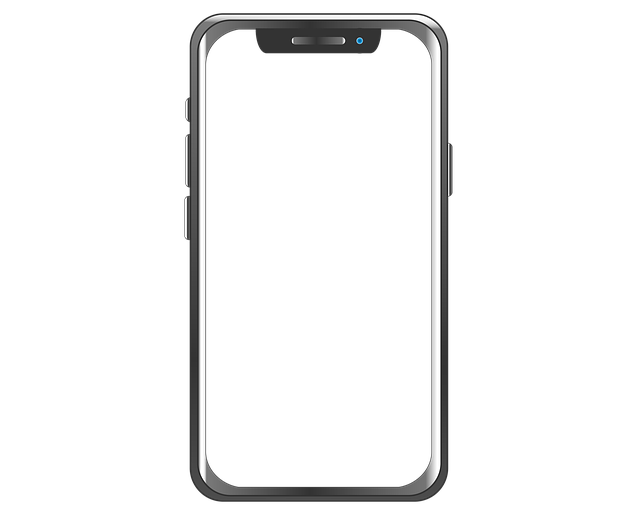West Virginia businesses and researchers must adhere to strict consent laws and data privacy regulations. Companies should register with the Do Not Call Registry, respect opt-outs, and use clear language in marketing and consent forms to avoid legal issues. Researchers in Wheeling and beyond must obtain informed verbal or written consent, provide study details, and ensure participant autonomy without the need for a local lawyer. Proactive compliance by businesses through unambiguous consent forms protects data subjects and companies alike, minimizing the requirement for Do Not Call lawyers or law firms in West Virginia.
In West Virginia, obtaining consent is a critical aspect of legal practice and business operations. This article guides you through the intricate web of consent laws, focusing on best practices to ensure compliance without the need to call a lawyer in West Virginia. We explore strategies for securing informed consent, highlight legal pitfalls to avoid, and offer practical tips tailored for businesses in WV, all while steering clear of traditional law firm references.
Understanding Consent Laws in West Virginia
In West Virginia, consent laws are designed to protect individuals from unauthorized contact and ensure their privacy rights. When it comes to obtaining consent, especially in the context of marketing or sales calls, understanding these laws is paramount. The Do Not Call Registry, a state-mandated list of numbers where commercial callers should refrain from contacting, plays a crucial role in this process. It’s important for businesses and organizations operating in West Virginia to register their numbers and respect the preferences of individuals who have opted out.
For those seeking legal counsel on consent issues or looking for a lawyer specializing in Do Not Call laws in West Virginia, it’s advisable to avoid traditional calling methods. Instead, utilizing online platforms or direct mail can help reach potential clients without triggering legal concerns. By adhering to these best practices, businesses can foster positive relationships with consumers while navigating the complex landscape of consent regulations effectively.
Best Practices for Obtaining Informed Consent
Obtaining informed consent is a crucial aspect of ethical and legal research practices in Wheeling or any other jurisdiction. Researchers must ensure that participants fully understand the nature of their involvement, potential risks and benefits, and their rights to withdraw at any time. This involves clear communication using simple language, avoiding jargon, and providing comprehensive information sheets that are easy to comprehend.
Best practices include allowing ample time for participants to review the consent form, encouraging questions, and obtaining verbal or written confirmation of their agreement. It’s essential to respect autonomy and ensure voluntariness by not coercing or manipulating individuals into giving their consent. Researchers should also be transparent about data usage and storage, especially when dealing with sensitive personal information. Adhering to these practices ensures ethical research conduct and maintains the trust of participants, even without engaging a lawyer for consent procedures in West Virginia.
Avoiding Legal Pitfalls: Do's and Don'ts for Businesses in WV
When it comes to obtaining consent in West Virginia, businesses must tread carefully to avoid legal pitfalls that could prove costly and damaging to their reputation. One crucial do is to ensure comprehensive knowledge of applicable laws and regulations, especially those specific to data privacy and protection. Businesses should never assume that vague or implied consent is sufficient; instead, they must explicitly seek permission from individuals before collecting or using their personal information.
Avoiding direct contact with legal professionals like lawyers, attorneys, or law firms in West Virginia (do not call them) is also essential. While it’s beneficial to consult experts for complex matters, general business practices should focus on proactive compliance. Do not rely on vague terms or pre-checked boxes for consent; instead, use clear and concise language that leaves no room for ambiguity. This approach protects both the business and individuals whose data they collect, ensuring a robust foundation for ethical and legal operations in West Virginia.






